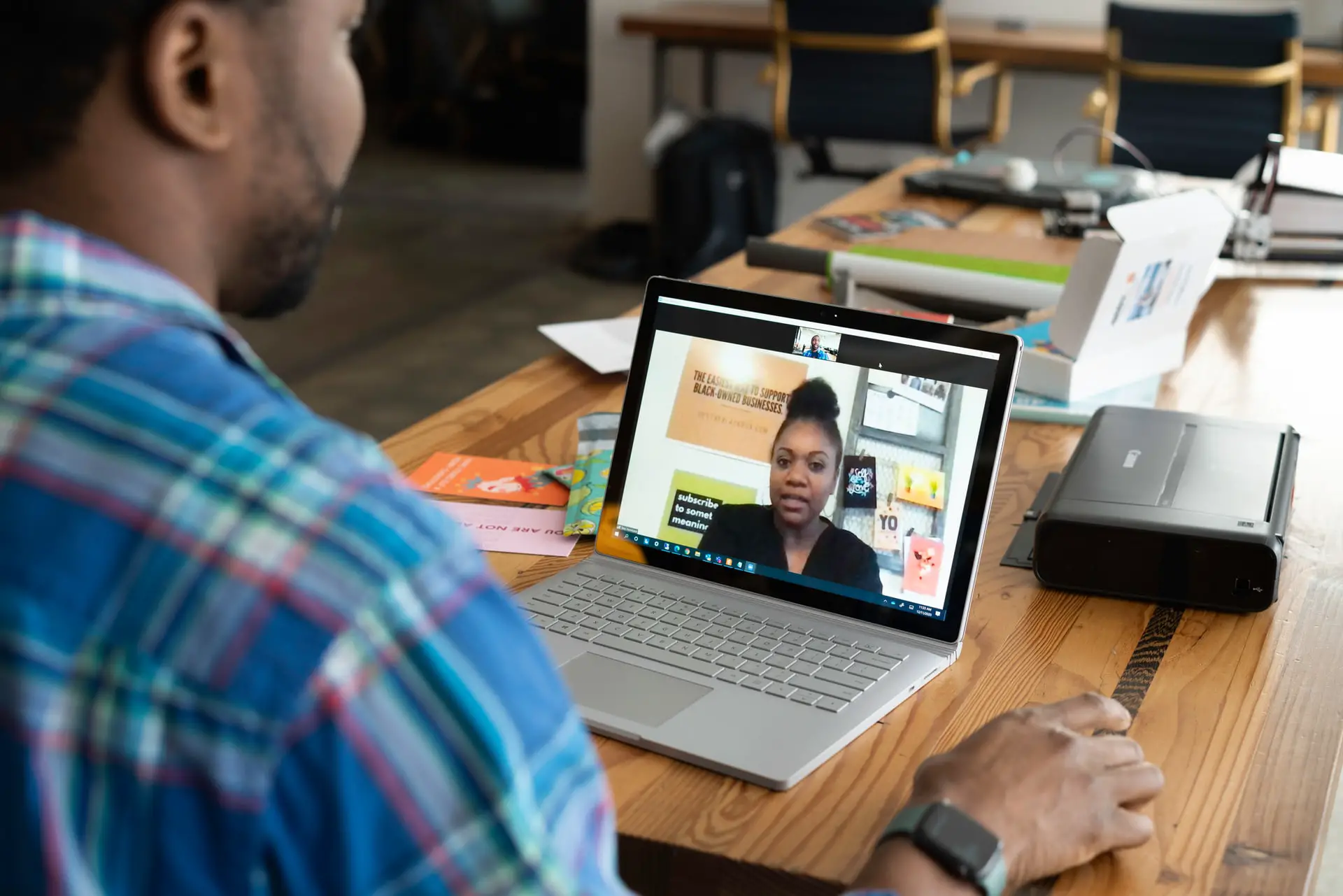The technologies focusing on doing remote work simpler have seen a massive uptick primarily due to the implications of the pandemic. As a result, it shouldn’t be surprising to note that virtual reality is potentially the future of the workplace. However, the existing remote office facilitators haven’t been able to bridge the gap towards including fully immersive qualities of in-person interactions.
Nevertheless, with the increased adoption of virtual reality and augmented reality, life-like virtual interactions could soon replace physical. Looking to capitalize on this trend, Facebook had released its VR headset brand Horizon, an Oculus for Business platform, back in 2020.
The platform, called Facebook Horizon, is currently in beta. It could enable users to create and interact within collaborative online worlds through means to socialize, play games, and work together on projects as they would in a physical office. The technology could have enormous applications amongst remote and hybrid work models.
Last week, the company had announced Horizon Workrooms: Remote Collaboration Reimagined. It is a virtual meeting space that allows the participants to join a meeting in VR as an avatar or dial into the virtual room from a computer by video call. As per the release from Facebook, it features a mixed-reality desk and keyboard tracking, hand tracking, remote desktop streaming, video conferencing integration, spatial audio, and the new Oculus Avatars.
The platform permits up to 16 people in VR in a Workroom together, and an additional 34 people can join over a video call without wearing a headset. The application is part of Facebook’s broader ambitions to build the “metaverse.” It is a vital step towards Mark Zuckerberg’s vision of Facebook to be thought of as a metaverse company or an “embodied internet.”
Follow us on LinkedIn
Read other Articles




